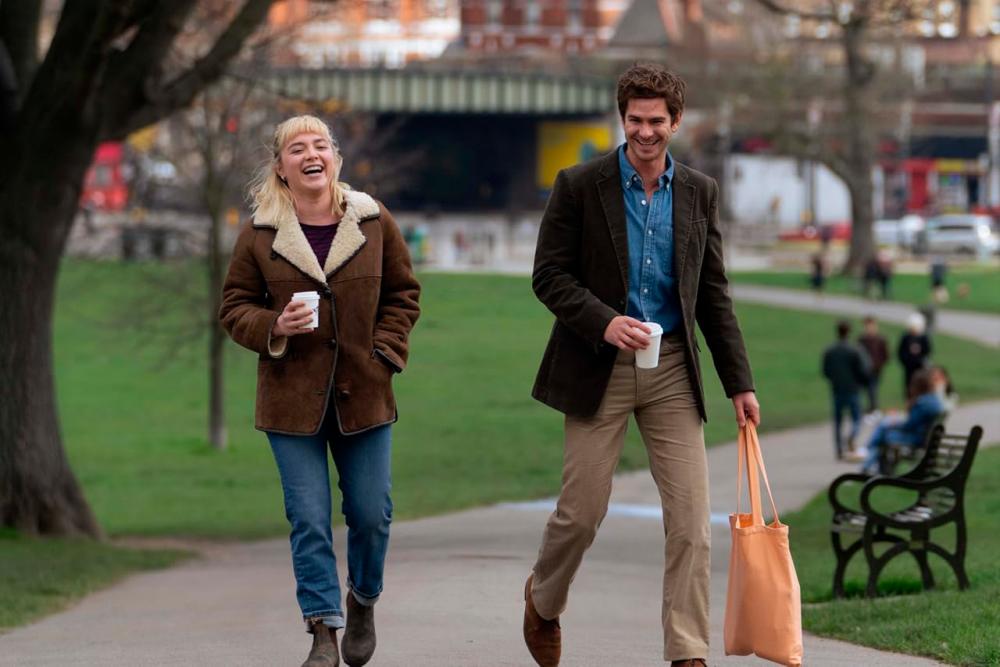JOHN Crowley’s We Live in Time is a romantic drama that subverts expectations of the genre by delivering a story that is not just about love, but about the painful realities that come with it. At its core, it is a tale of two people trying to navigate life’s most difficult obstacles, all while staying tethered to each other through love that transcends time and death.
Starring Andrew Garfield as Tobias and Florence Pugh as Almut, the film gracefully explores the highs and lows of a decade-long relationship that feels achingly real, all while wrapping itself in a beautifully tragic narrative.
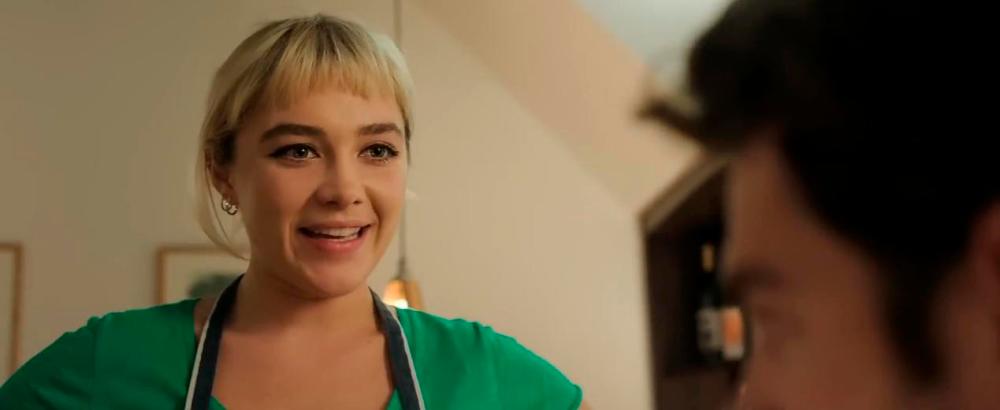
Not your average love story
For anyone going into We Live in Time expecting a typical cute love story, be prepared to leave the theatre feeling something entirely different, content yet profoundly empty.
It is a love story riddled with the same problems real couples face – miscommunication, clashing dreams and emotional distance – but elevated by its raw portrayal of how people cope with time, loss and the inevitability of death.
Tobias, a man newly separated from his wife and Almut, a former figure skater turned chef, are thrust into each other’s lives by a chance encounter. The film’s nonlinear structure reveals the many stages of their relationship – from its passionate beginnings to its heartbreaking conclusion.
As time ticks forward and backwards, the story delves into what makes relationships work and more importantly, what makes them fall apart.
One of the film’s greatest strengths is its thoughtful exploration of the delicate balance between individual wants and relationship needs. Tobias and Almut are characters with their dreams and desires – Tobias wants a family and Almut wants to focus on her career as a chef– and the tension between these two drives much of the film’s conflict.
The film’s turning point comes when Tobias, yearning for stability and a family, declares his love for Almut and proposes starting a family. Almut, fiercely independent and career-focused, lashes out, leaving Tobias hurt and confused.
It is a moment that perfectly captures the struggle between the individual and the relationship, where both people want different things and neither is wrong.
However, We Live in Time does not paint this as an insurmountable problem. Instead, it shows how love, when genuine, can make space for compromise. Tobias and Almut’s reconciliation later in the film, set against the backdrop of a baby shower, is proof of how relationships can survive if both partners are willing to meet in the middle.
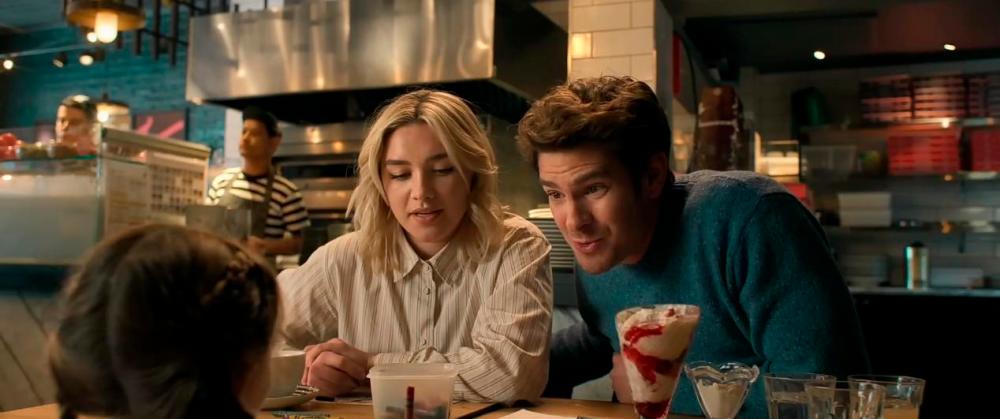
Beautifully tragic meditation on life and death
At the heart of the film is Almut’s battle with cancer, a subplot that transforms We Live in Time into something more profound than a typical romance. The way the characters approach Almut’s illness speaks volumes about how people deal with death differently, both the ones who are dying and those who love them.
Almut, who has always been independent and strong-willed, struggles to accept the possibility of spending her final months in sickness. Instead, she chooses to focus on what she can still achieve– her career as a chef, her legacy as a mother and her desire to be remembered as more than just someone who died from cancer.
Her decision to compete in the prestigious Bocuse d’Or competition, even as her health deteriorates, is a poignant moment in the film. It highlights her desire to control her narrative, even as her body betrays her.
On the other hand, Tobias represents the perspective of those who are left behind. He wants Almut to prioritise her health and family, but he also recognises that he cannot force her to make choices she does not believe in. It is a deeply moving portrayal of how love, in its truest form, means accepting and supporting even the hardest decisions of the ones we care about.
Garfield and Pugh are exceptional in their roles, bringing depth and authenticity to their characters. Garfield’s portrayal of Tobias is both tender and heart-wrenching, capturing the confusion and helplessness of a man watching the love of his life slip away.
Pugh, as Almut, shines as a character caught between life and death, career and family and love and fear. Together, they form a couple whose relationship feels incredibly real, with all its flaws, missteps and moments of pure joy.
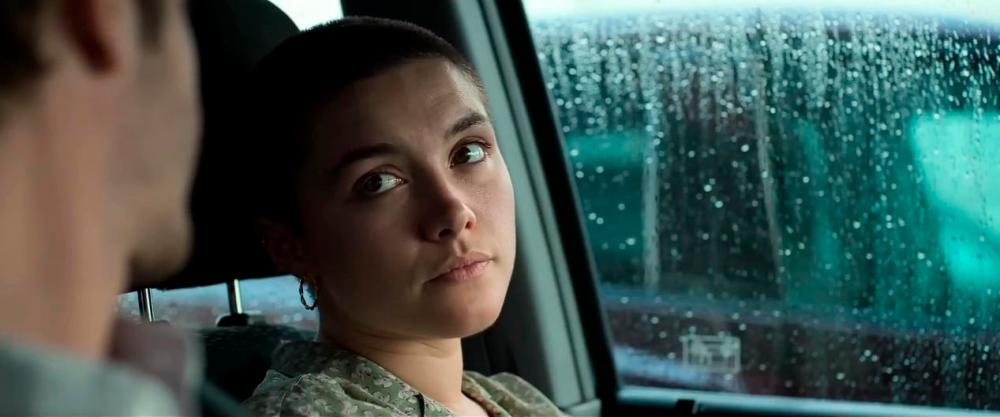
Story of moments, big and small
The nonlinear narrative structure of We Live in Time allows the film to focus on snapshots of Tobias and Almut’s life together.
From the simple moments of domesticity, like teaching their daughter how to crack an egg, to the more monumental events, like the birth of their child in a petrol station bathroom, the film beautifully captures the fleeting nature of time and the importance of cherishing every moment.
As the film progresses, it becomes clear that it is not just a love story between two people, but also a meditation on how time changes us. The couple’s journey from passionate strangers to loving parents to individuals facing death is deeply moving and by the time the credits roll, audiences are left reflecting on their relationships and the passage of time.
We Live in Time is a film that transcends the boundaries of a typical romantic drama. It is a genuine, heartfelt love story, but one riddled with real problems and painful truths. It does not shy away from the difficult aspects of life – miscommunication, illness, death– but instead embraces them, showing that love, in all its forms, is messy, complicated and ultimately, worth fighting for.
For anyone seeking a film that will make them think deeply about the nature of love, loss and time, We Live in Time is a must-watch. Just be prepared to walk away feeling both full of emotion and slightly empty at how beautifully tragic it all turns out to be.
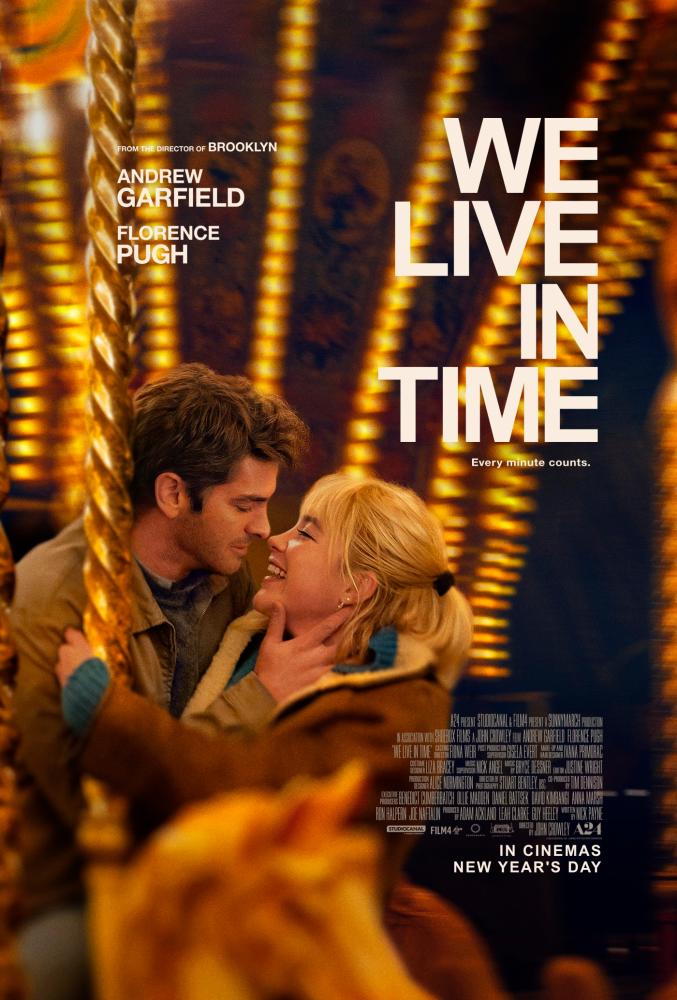
We Live in Time is showing in cinemas.
DIRECTOR: John Crowley
CAST: Andrew Garfield, Florence Pugh, Grace Delaney, Lee Braithwaite, Aoife Hinds
E-VALUE: 7/10
PLOT: 7/10
ACTING: 7/10



